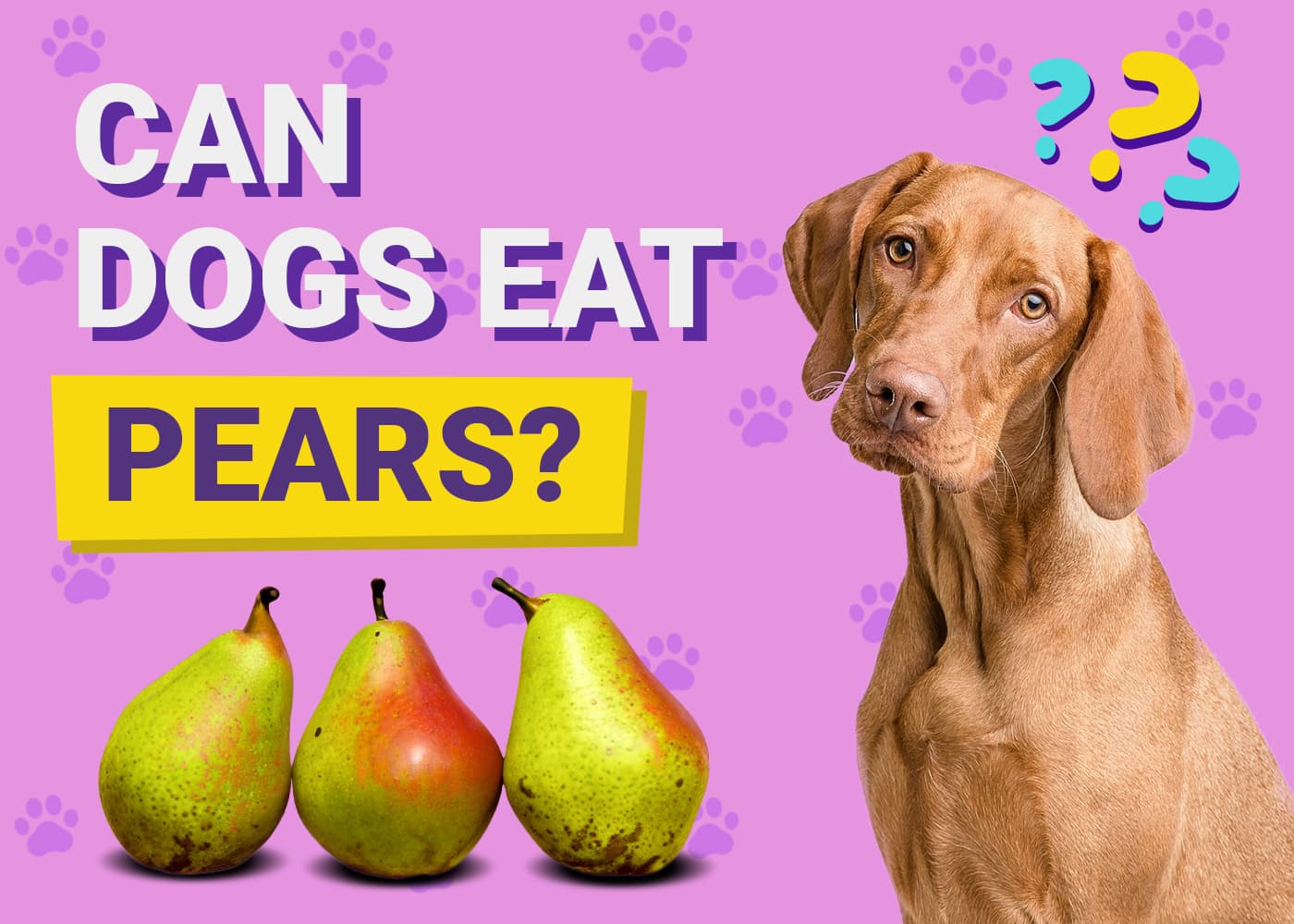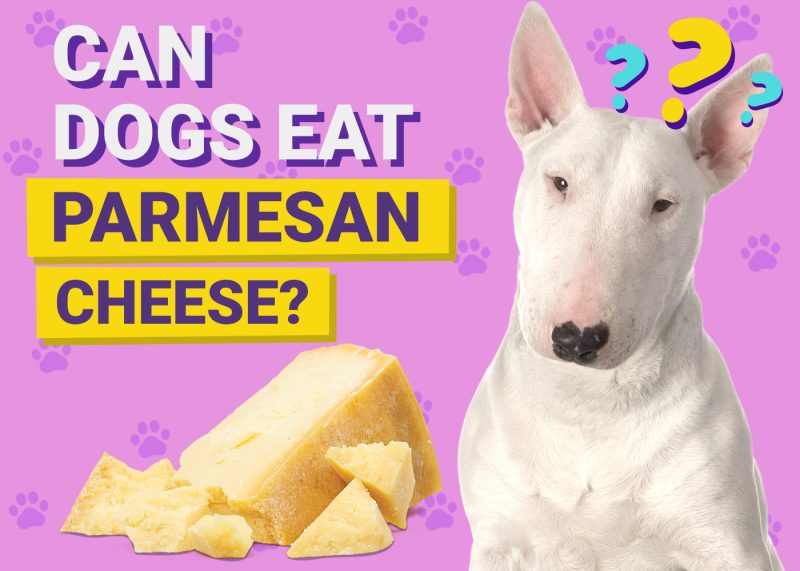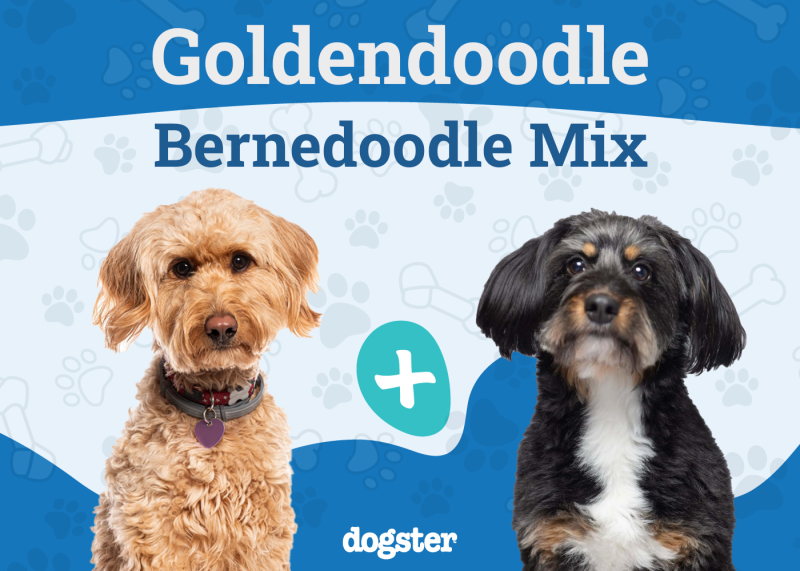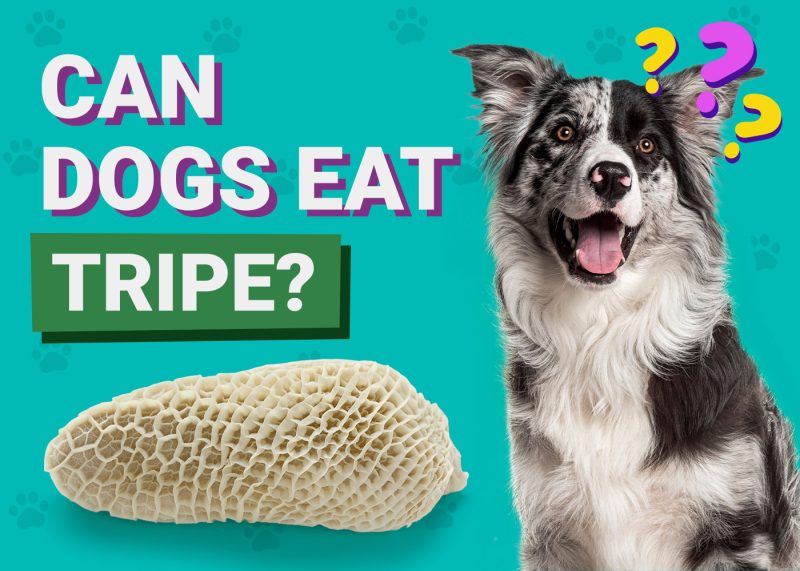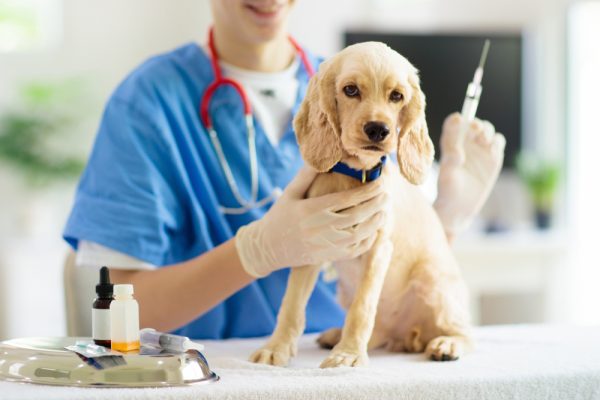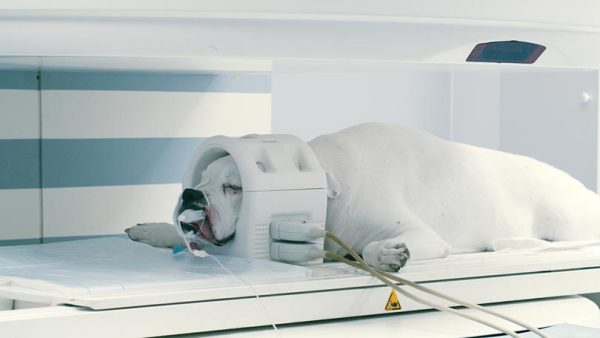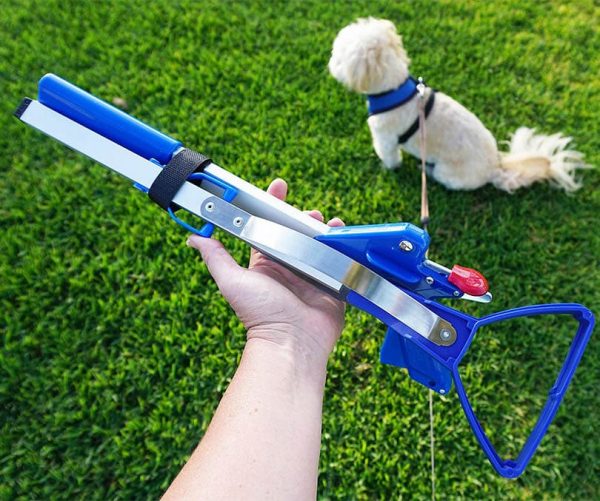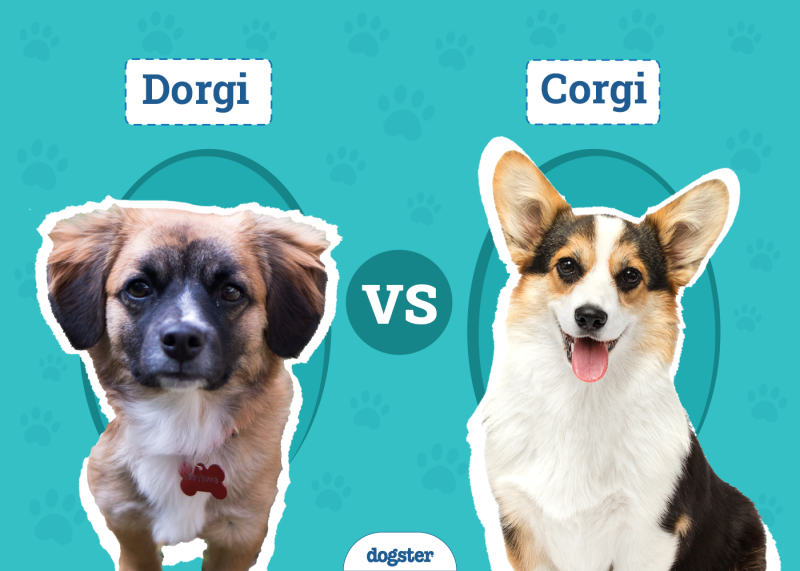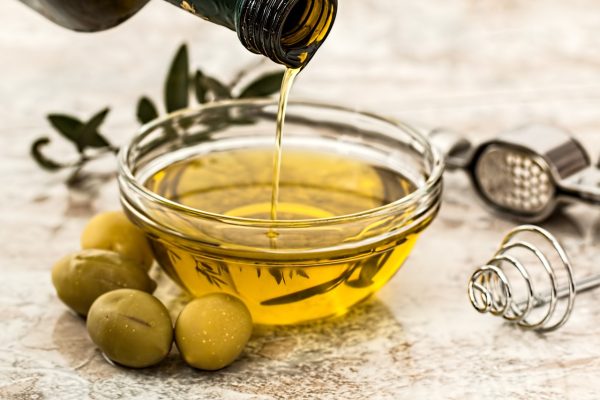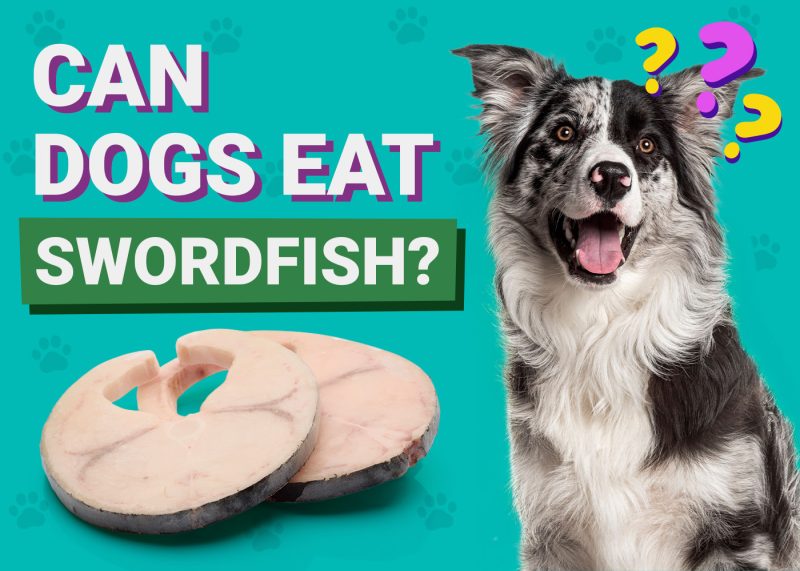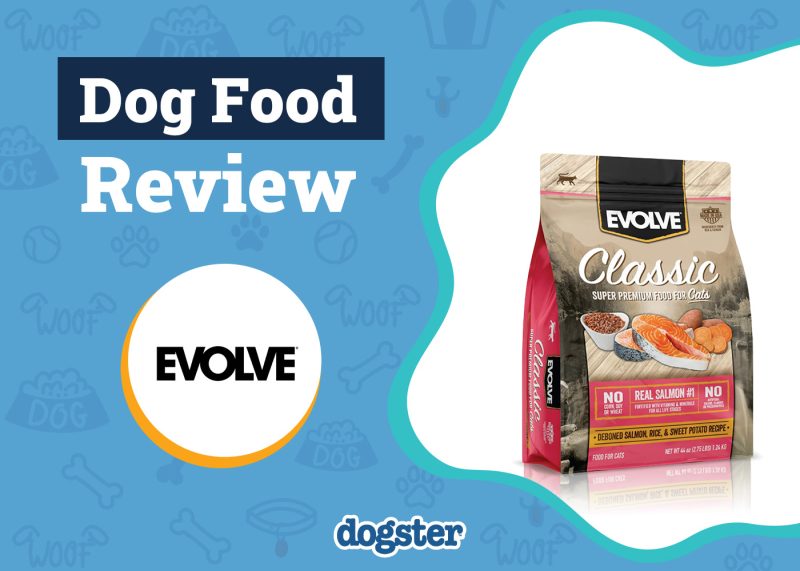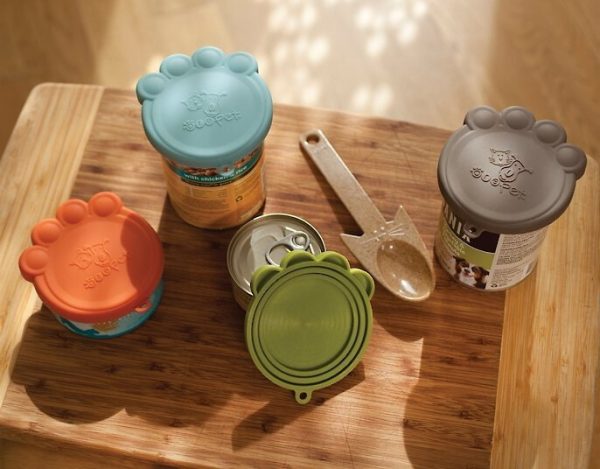It’s natural to wonder what foods are safe for your dog to consume, as it’s common to want to toss them a quick piece of meat or veggies while you’re at the dinner table. But what about fruit? More specifically, what about pears? Can dogs eat pears? The answer is yes, but in moderation. Pears are a great source of vitamins as well as fiber, which can benefit your dog’s digestive system. However, like any fruit, pears contain natural sugars that may cause an upset stomach or diarrhea if consumed in excess.
Also, when feeding your dog pears, it’s important to remove the seeds and core, as they can be a choking hazard or cause gastrointestinal blockages. Rarely, dogs may have an allergic reaction to pears, so it’s best to introduce this fruit slowly and monitor any adverse reactions. Lastly, note that while pears are safe for dogs to eat, the seeds and core of the pear contain traces of cyanide, which can be toxic to dogs in large amounts.

Health Benefits of Pears for Dogs
Feeding your dog pears can provide a range of health benefits. Here are some of the ways that pears can contribute to your dog’s overall health and wellbeing:
- Aid in digestion: Pears are a source of fiber, which can improve and help regulate your pup’s digestive system and prevent constipation.
- Promote heart health: Pears contain antioxidants that can help reduce free radical damage to the cells.
- Support bone health: Pears also have vitamin K, which can help with blood clotting and promote healthy bones.
So overall, feeding your dog pears can be a great way to provide them with a few health benefits.
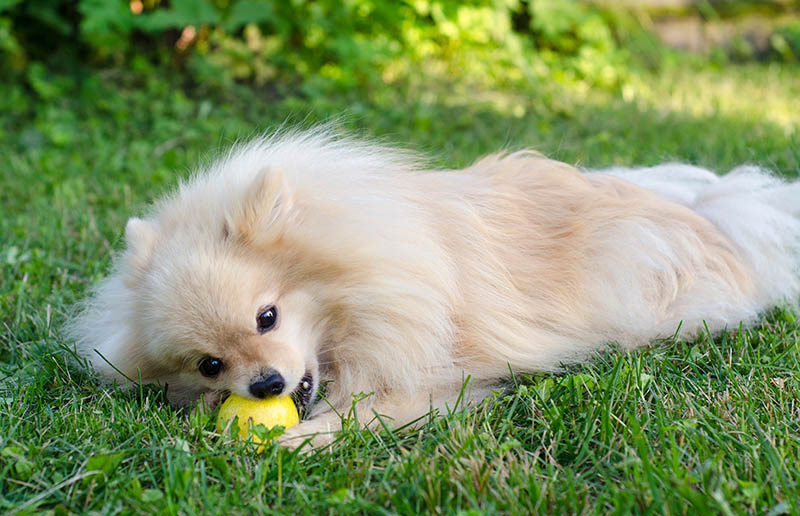

Foods to Avoid Feeding Your Dog
While dogs can eat a variety of foods, some common human foods can be harmful to them. And it’s important to be aware of these foods to ensure that your dog stays healthy and happy.
Chocolate
One of the most common foods that should be avoided is chocolate. Chocolate contains a compound called theobromine, which can be toxic to dogs. The darker the chocolate, the more harmful it is. Even small amounts of chocolate can cause vomiting, diarrhea, and in severe cases, seizures, and death. It’s best to keep all forms of chocolate away from your dogs.
Raisins and Grapes
Another food that should be avoided is grapes and raisins. These fruits can actually cause kidney failure in dogs, and the signs may not appear until several days after consumption. Dogs may experience vomiting, diarrhea, lethargy, and lack of appetite. If you suspect your dog has eaten grapes or raisins, seek veterinary care immediately.
If you need to speak with a vet but can't get to one, head over to PangoVet. It's our online service where you can talk to a vet online and get the advice you need for your pet — all at an affordable price!

Onions and Garlic
While you may love the smell of onions and garlic, note that these veggies should never be given to your dog. Why? Because these vegetables contain compounds that can damage a dog’s red blood cells, leading to anemia. Signs may include weakness, lethargy, and pale gums. So be sure to avoid feeding your dog any food containing onions or garlic, including table scraps.
Avocados
Avocado is another food that should not be given to dogs. The fruit contains persin, a fungicidal toxin that can cause vomiting and diarrhea in dogs. This compound is more concentrated in the skin and pit of the avocado, so it’s best to keep these fruits away from your dog – and be sure to cover the skin and seed if you have a topless trashcan in the kitchen.
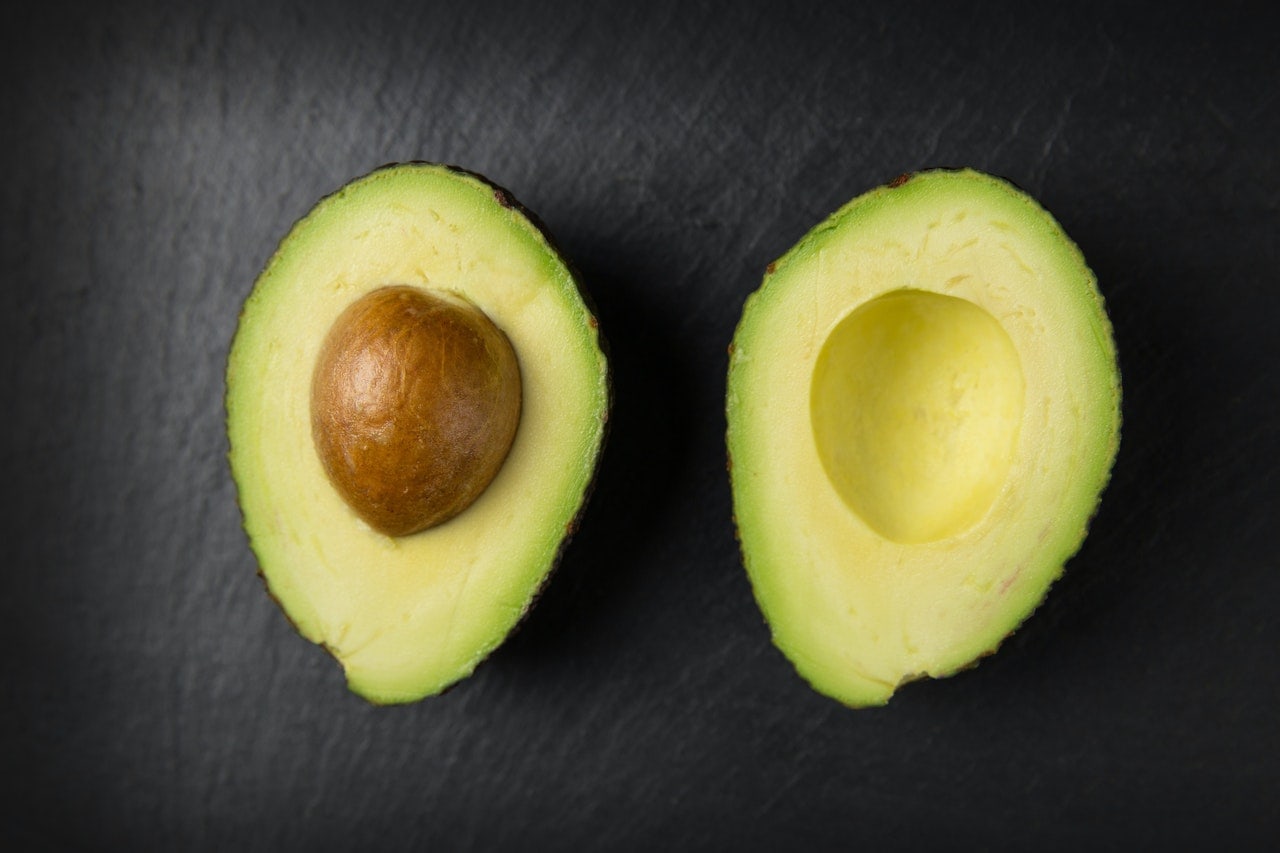
Alcohol
It may seem obvious, but alcohol should also be avoided at all costs. Even small amounts of alcohol can be toxic to dogs and cause vomiting, diarrhea, difficulty breathing, tremors, and even coma or death. You’ll be surprised by how many food items and condiments actually contain trace amounts of alcohol, so always check labels when buying new food products. Keep all alcoholic beverages and foods containing alcohol away from your dog (and cat as well).

Frequently Asked Questions About Dogs and Diets
How to know if your dog is having an allergic reaction
Some common signs of an allergic reaction in dogs include skin rash, excessive scratching or licking, sneezing, vomiting, runny diarrhea, and swelling around the face or neck. And in severe cases, an allergic reaction can cause difficulty breathing and even lead to anaphylaxis, which is a life-threatening condition.
If you observe any of these symptoms in your dog, it is crucial to seek veterinary care immediately. Your vet may perform tests to determine the cause of the allergic reaction, such as a skin test or blood work to test for allergens. They may also prescribe medication to alleviate the issues and prevent future reactions. It’s important to note that some dogs may have allergies to certain foods, environmental factors such as pollen or dust mites, or even certain medications.
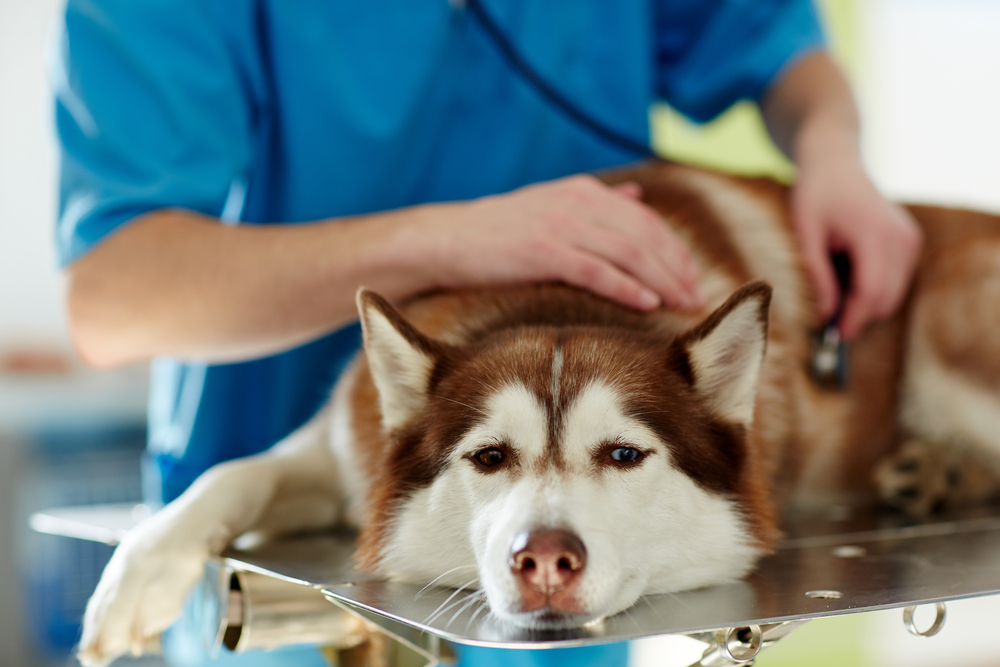
Why is my dog so gassy?
Flatulence can be disturbing to endure, whether it’s coming from dogs or humans. And like with humans, in dogs it’s a common issue that can be caused by various factors. One of the main reasons behind excessive gas in dogs is their diet. If a dog is consuming a diet that is high in starches or contains ingredients that are difficult to digest, it can cause an increase in flatulence. Additionally, if the dog is being fed table scraps or other human food, this can also lead to excessive gas. So, ensure that your dog is consuming a balanced diet that is appropriate for their age, breed, and activity level.

Wrapping Things Up
So, to sum things up, yes, pears can be a healthy and safe treat for your dog when fed in moderation and prepared properly. They’re a great source of vitamins and minerals that can support your dog’s overall health and wellbeing. Just be sure to remove the seeds and core before feeding your pup and watch for any signs of digestive upset or allergies. Also, avoid feeding foods such as chocolate, grapes and raisins, onions and garlic, avocados, and alcohol to your dog, as these are all toxic to them.
See also:
Featured Image Credit: Jonathan Mast, Unsplash

